Contrary to popular belief, a group of students have found that intensive farming does not have a negative impact on the number of bird species found in an area.
The transition year students from Moate Community School in Co Westmeath will present their project, titled Developing Farming Habitats for Native and Migrant Birds, at the final of the ECO-UNESCO Young Environmentalists competition this week in the Mansion House, Dublin.
Eoin Shortall, Callum Dunne, Andrew Niall and Ben Hogan aim to raise awareness of the methods that farmers can use to support bird life on their farms.
The group carried out a 12-week survey in a variety of local agricultural habitats and compared the prevalence of each species and the overall biodiversity at each site. Surprisingly, they found that intensive farming habitats housed the greatest number of bird species, which contrasted with the popular belief that intensive farming has a negative impact on bird species.
After carrying out their survey, the students noticed that several birds traditionally associated with farmland habitats were scarce or absent from the survey. The students then decided to devise a number of strategies to support these birds on farms.
They have designed three bird boxes specifically for the barn owl, kestrel and blue tit, which are for sale to local farmers. They have also researched specific plants that can support these birds and have begun growing these plants in school for use by local farmers in their hedgerows. The group met local farmers and bird enthusiasts at Teagasc and BirdWatch Ireland meetings to explain how farmers and locals can help these birds.
In order to educate the public about this issue, the students have presented the findings of their project to students from An Grianán primary school, Mount Temple, and have helped their science teachers design an ecology module for first-year students in Moate Community School.
Barn owl (€60), kestrel (€40) and blue tit (€15) boxes are available to order from Moate Community School at 090-648 1350 or birdboxesmoate@gmail.com.
For additional information on this project, check out the “Helping farmers help birds” Facebook page.
Contrary to popular belief, a group of students have found that intensive farming does not have a negative impact on the number of bird species found in an area.
The transition year students from Moate Community School in Co Westmeath will present their project, titled Developing Farming Habitats for Native and Migrant Birds, at the final of the ECO-UNESCO Young Environmentalists competition this week in the Mansion House, Dublin.
Eoin Shortall, Callum Dunne, Andrew Niall and Ben Hogan aim to raise awareness of the methods that farmers can use to support bird life on their farms.
The group carried out a 12-week survey in a variety of local agricultural habitats and compared the prevalence of each species and the overall biodiversity at each site. Surprisingly, they found that intensive farming habitats housed the greatest number of bird species, which contrasted with the popular belief that intensive farming has a negative impact on bird species.
After carrying out their survey, the students noticed that several birds traditionally associated with farmland habitats were scarce or absent from the survey. The students then decided to devise a number of strategies to support these birds on farms.
They have designed three bird boxes specifically for the barn owl, kestrel and blue tit, which are for sale to local farmers. They have also researched specific plants that can support these birds and have begun growing these plants in school for use by local farmers in their hedgerows. The group met local farmers and bird enthusiasts at Teagasc and BirdWatch Ireland meetings to explain how farmers and locals can help these birds.
In order to educate the public about this issue, the students have presented the findings of their project to students from An Grianán primary school, Mount Temple, and have helped their science teachers design an ecology module for first-year students in Moate Community School.
Barn owl (€60), kestrel (€40) and blue tit (€15) boxes are available to order from Moate Community School at 090-648 1350 or birdboxesmoate@gmail.com.
For additional information on this project, check out the “Helping farmers help birds” Facebook page.





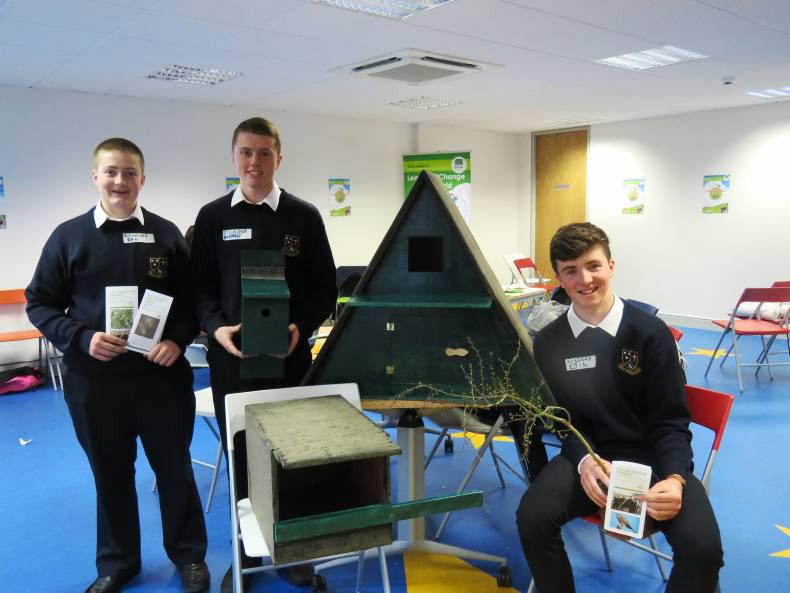
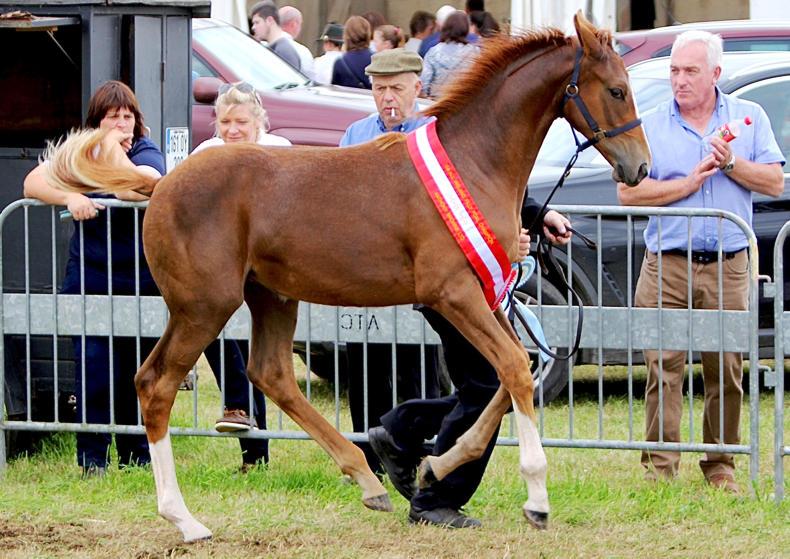

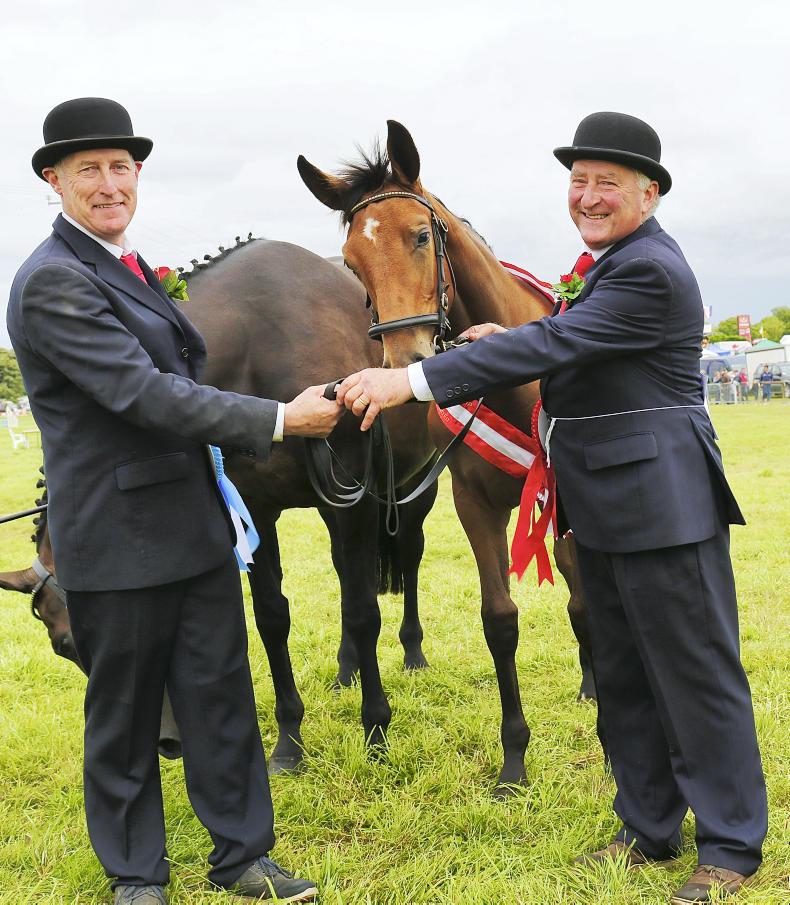
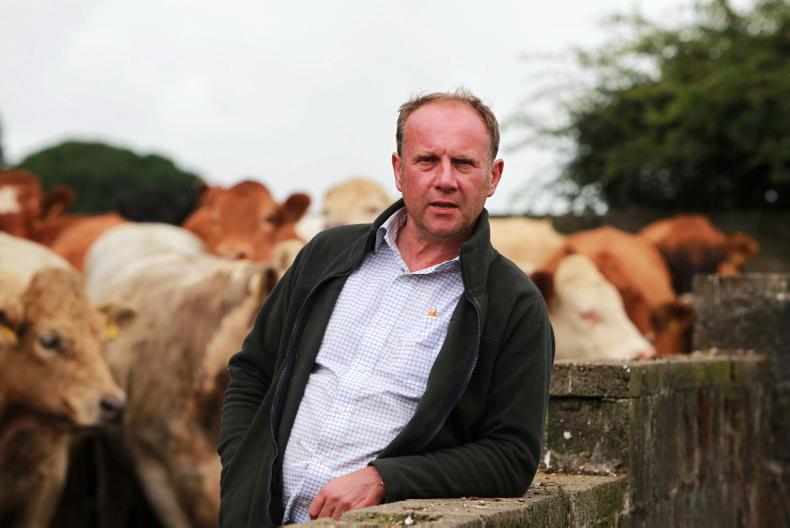
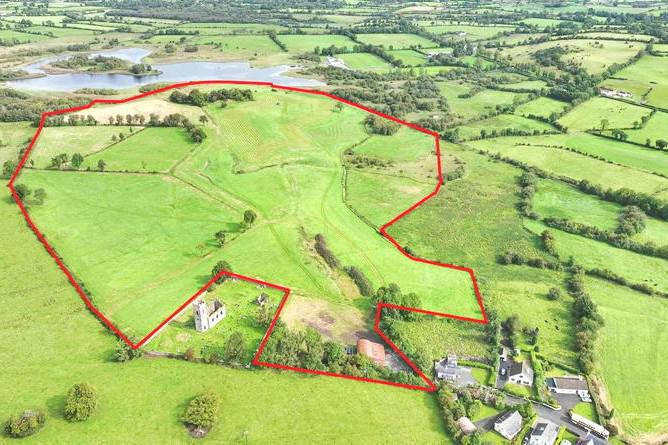
SHARING OPTIONS